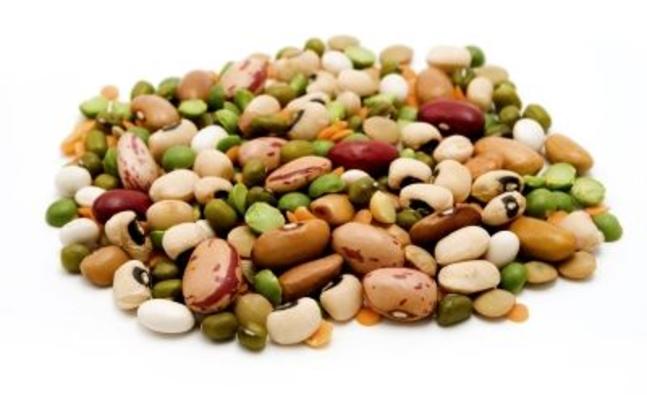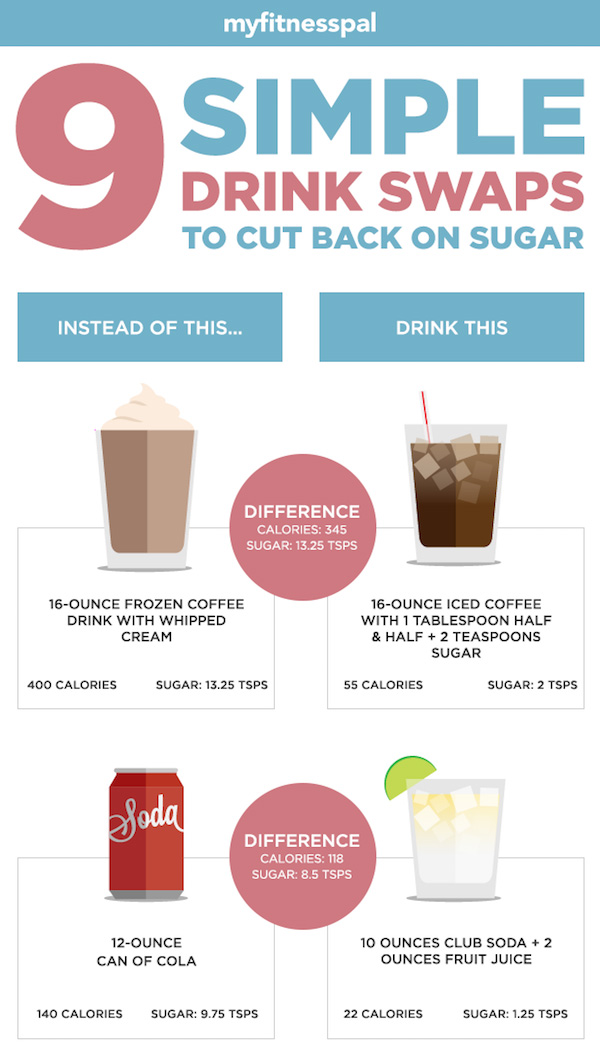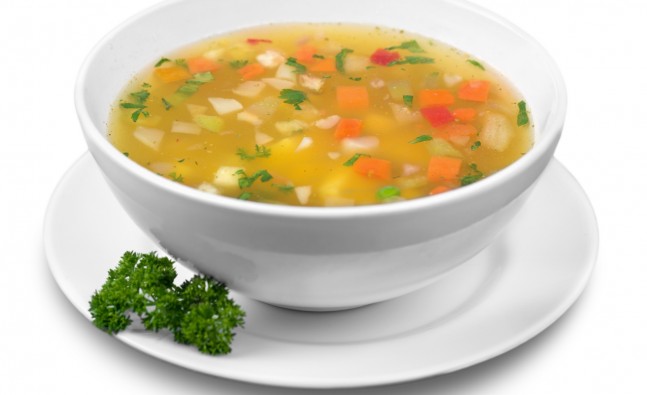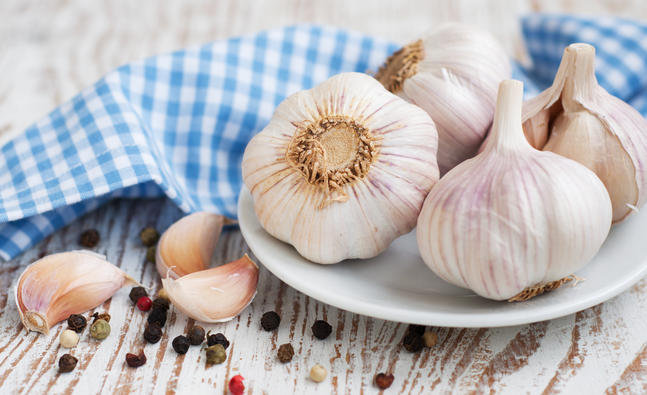What Is Water Weight, Anyway?

You've probably heard that water pills, detox diets, and cleanses help you drop weight fast because you're losing water weight, not fat (and are probably super malnourished, btw). But what does that even mean? To clarify, we asked the experts what it is, why it goes hand in hand with weight loss, and whether it can impact your progress.
Allow us to clear up the confusion.
How Water Weight Works
An estimated 50 to 60 percent of our total body weight is water, and how much we retain fluctuates in response to our eating habits. For example, indulging in salty foods can trigger your cells to sop up water like a sponge, says Rebecca Lewis, R.D. for HelloFresh. Similarly, a diet high in sugar can lead to higher-than-normal insulin levels in your blood, which can make your body retain sodium (translation: more Spongebob action). And when you carb it up (because pasta is delicious), for every gram of carbohydrate that your body stores to use for energy later (known as glycogen), it also stores three grams of water—which explains why you sometimes feel like the Michelin man post-pizza, she says.
Weight Loss Means Losing Water
Those fun facts also explain why going on a diet can cause the number on your scale to plummet during the first few weeks. You're essentially excreting the extra water your diet has been causing you to hold on to, says Ashvini Mashru, R.D., author of Small Steps to Slim.
When you go on a calorie-restricted diet, your body burns through the reduced calories you're consuming, then it starts dipping into your glycogen stores for energy. And because glycogen is bound in the body by water, burning glycogen also means releasing the water it holds onto. In other words, you're making it rain—in water weight.
"This initial weight loss can be as much as eight pounds, depending on your starting weight," says Mashru. Just keep in mind that once you rehydrate, the number on the scale will go back up a bit. "This doesn't mean that you're retaining water in an unhealthy way; your body is just adjusting to your healthier eating habits," she adds.
Why Fat Is WAY Harder to Flush
Our metabolism has a specific way of doing business, which is why it's so easy to lose water weight and so challenging to lose fat, says Linda Anegawa, M.D., founder and medical director of OSR Weight Management in Kailua, Hawaii. Our body turns to energy sources in a specific order—dietary sugars and carbs get burned as energy first, followed by muscle and fat, she says. This is likely because energy sources were few and far between back in the day, so our bodies morphed into super-efficient fat-storing machines in order to survive, says Anegawa.
Keep Water Weight Gain in Check
Losing water weight is a perfectly normal and expected part of the weight-loss process. And once your bod has adjusted to your new diet, there are plenty of natural ways to keep your water weight on track: Try to avoid salt and sugar and—believe it or not—drink more water, says Lewis. "When you don't drink enough water, your body will hang on to every drop in order to keep your important cellular functions working properly," she says. Mind. Blown.
Taking a slow-and-steady approach to weight loss (i.e. no elimination diets) can also prevent your body from ballooning, says Lewis. "Restricting calories for a lengthy period of time can actually cause water retention," she says. This happens because prolonged reduction in calories will raise levels of the stress hormone cortisol, which increases water retention. So while overall fat may be reduced, the body will hold in more water." In other words, ditch the crazy cleanses already and just let your body do its thing.
The more you know...
-
Why we gain weight as we age
-
The Age That Helps Predict Your Future Weight
Twenty-five is one of those ages that means something. Smack dab in th
-
WIN a six-month Planet Fitness membership
-
Negative influences on dieters
-
Tight, Toned Tummy Tips: Slow is the way to go
-
The 4 Types of People Who Will Benefit from a High-Protein Diet
This article was written by Aviva Patz and provided by our partners at
- DON'T MISS
- Make your own Ayurvedic detox tea
- Moves that really boost your metabolism
- Good News for Carb Lovers Trying to Lose Weight
- Cut calories with a healthier pie crust
- Why It’s Not a Good Idea to Cut Out Entire Food Groups for Weight Loss
- 9 Foods that help burn fat
- Prevent Winter Weight Gain
- 5 Easy ways to lose weight
- Walk before you eat
- 5 Hopeful Tips for Shedding ALL of Your Pregnancy Weight




